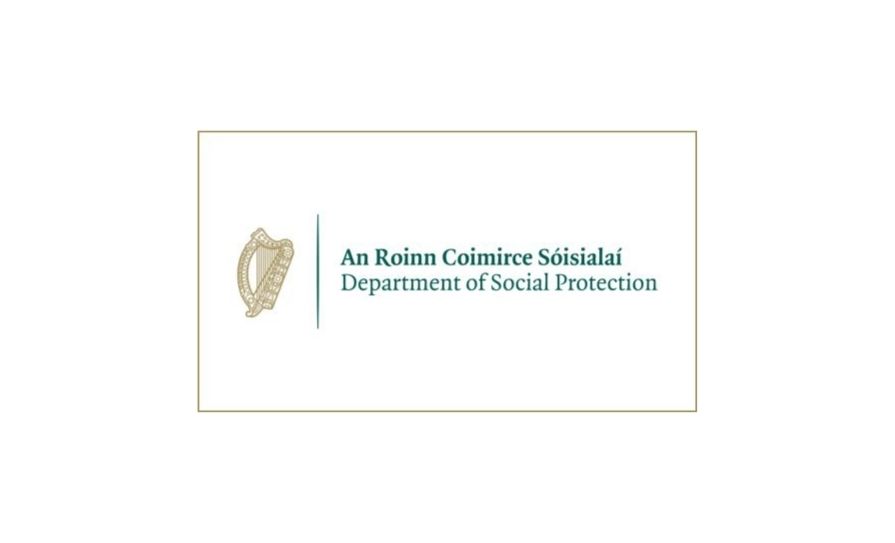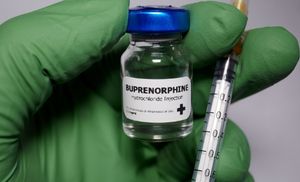The National Cancer Control Programme (NCCP) is submitting a proposal for the introduction of lung cancer screening in Ireland, the Medical Independent (MI) can report. The Initiative for European Lung Cancer Screening recently recommended that countries begin to prepare for a potential future screening programme to improve early diagnosis of lung cancer.
The NCCP, working with the national lung cancer leads, has progressed this planning with an initial proposal. It was due to be submitted to the Department of Health’s national screening advisory committee (NSAC) on 23 December.
“This is a first step towards approving a service where the evidence will be reviewed and cost-effectiveness and feasibility will be fully assessed,” a spokesperson for the NCCP told MI.
A meeting of the NCCP’s executive management team in October, the minutes of which were obtained through Freedom of Information law, heard that NCCP Assistant National Director Ms Fiona Bonas was in the process of completing a template document for new screening programmes for consideration by the NSAC at its 21 October meeting.
CEO of the National Screening Service Ms Fiona Murphy stated that “clinicians are keen to have lung cancer
screening” and European guidance suggested it should be examined.
“Planning will be crucial and in the first instance there will be a pilot project,” according to the minutes.
At the NSAC meeting on 21 October, the committee discussed its first ‘annual call’. It sought proposals from the public, the HSE, and healthcare professionals on new screening programmes that may be adopted in Ireland, as well as suggestions for changes to the five existing programmes (BreastCheck, CervicalCheck, BowelScreen, Diabetic RetinaScreen, and the National Newborn Bloodspot Screening Programme).
The annual call remained open between 1 November and 23 December. “Future decisions about new screening programmes in Ireland, such as the introduction of screening for lung cancer, will be made on the advice of the NSAC,” a spokesperson for the Department of Health told MI.
“This ensures that policy decisions are informed by the best available evidence and advice and that we can be confident that our national programmes are effective, quality assured and operating to safe standards.”













Leave a Reply
You must be logged in to post a comment.